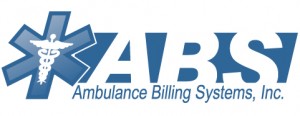Good Ambulance Billing Practices
Ambulance billing services may encounter a number of different issues due to the complex and tedious nature of the work they perform. The slightest errors can result in large losses, and so it is important to try to streamline and perfect the process of ambulance bill recoveries. This guide will walk you through three factors that all ambulance billing services should focus on to ensure smooth operations.
It is important for ambulance billing companies to understand just how diagnosis codes work. Since most medical insurance providers only cover ambulance billing when it is deemed to be medically necessary, ambulance billing services need to provide them with a diagnosis code coinciding with the ailment for which the patient was being transported. If a vague code is used, the ambulance billing service may either be fined for providing exaggerating the claim, or not recover for a justified claim.
Arguably the most important part of ambulance billing is staying up with various policies. Since health care laws and policies are commonly amended at various levels, it is essential to make sure you know government and insurance company procedures to recover bills. Without being well-versed with these laws, your ambulance billing company might lose out on significant revenues and have otherwise justified claims accepted. For example, if you are trying to claim recoveries from Medicare, you must add various standard costs such as disposable gloves etc into the base rate. Other insurance providers need each cost mentioned separately.
Ambulance billing services should also pay particular attention to making sure they do not get trapped in a backlog of paperwork. Most insurance companies have policies that place limitations on the time within which you can reclaim a particular service. If the service falls behind, it could be devastating in terms of recovery rates. That is why whenever an EMS company turns over a request, it should be processed immediately.

